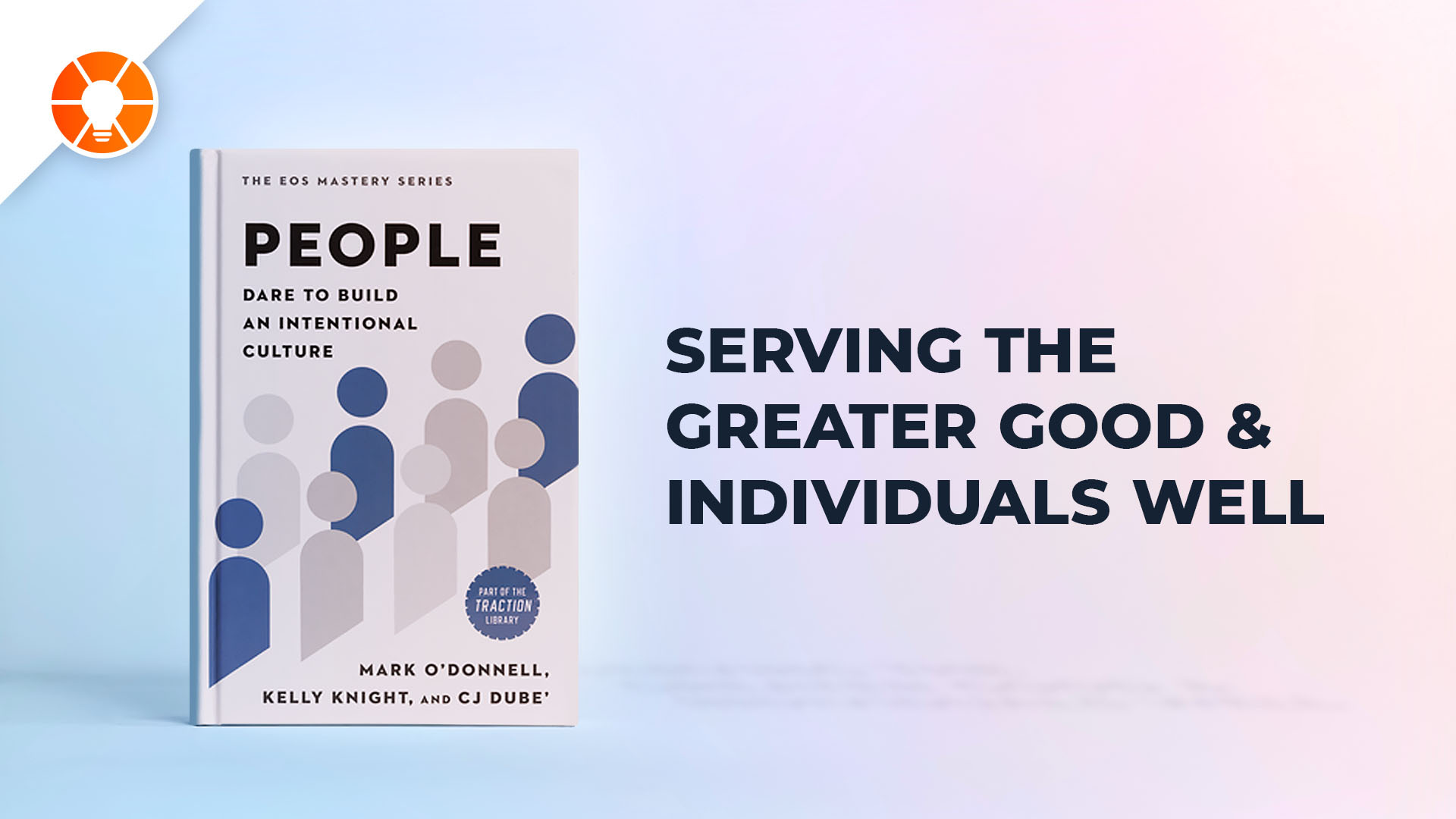 Most people know that pilots use checklists. Regardless of seniority, experience or hours logged in the cockpit, all safe pilots depend on multiple checklists at various times during a flight.
Most people know that pilots use checklists. Regardless of seniority, experience or hours logged in the cockpit, all safe pilots depend on multiple checklists at various times during a flight.
You’re Not a Multitasker
If I were to give the number one reason pilots rely on these lists, it’s because with so many things competing for our time, a checklist is the best way to ensure that our attention is on the right thing at the right moment.
As humans, we’re not that good at multitasking and for every additional task, our reliability and consistency diminish exponentially. When landing a plane (one of the most important phases of a flight), it’s crucial not to miss a step. You’d be surprised how many “good” pilots forget to lower the landing gear before touchdown. At the very least, it’s a humiliating experience.
Checklists Are Critical for Successful Business
You may think that checklists are only for the manufacturing or medical fields. In fact, they’re relevant for all business operations in any type of industry: service, software, manufacturing, government, virtual—you name it!
Organizations that use checklists are more likely to produce consistent results, leading to higher profits and greater customer satisfaction. Essentially, a checklist is an instruction manual on how to properly complete a specific task. Guess what? Follow your checklist and you’ll ace your landing every time!
Business processes are just a bunch of checklists strung together.
Want consistency in your marketing? Develop your checklists. Want better close rates? Document your sales process. Want to make better hiring decisions? Well, you get the drift. Create a set of checklists, merge them together and presto—you’ve got your official HR process manual.
Whether you’re flying a plane or navigating your business, consider your checklist one of your best friends.
Next Steps
- Subscribe to our blog for more great articles on building your business.
- Share this post via Twitter, LinkedIn or email!
- Download free EOS tools to help you establish your core processes.





